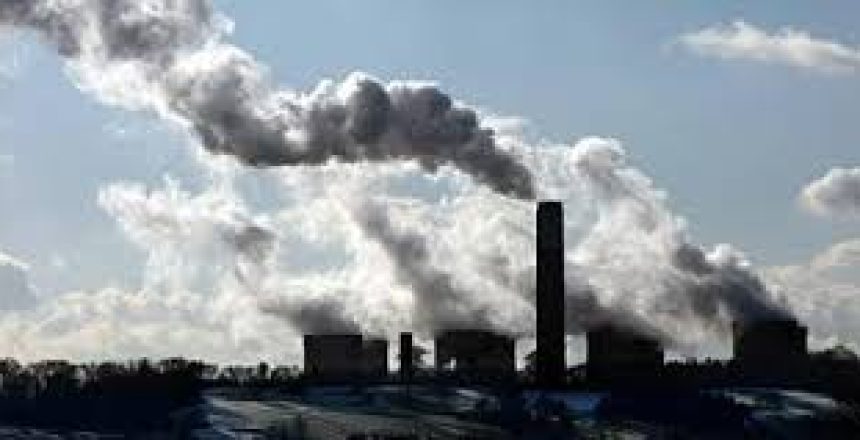Government loses court plea to delay publishing Air Quality Plan
On Friday 21st April, the Government lodged an application to delay publishing the Air Quality Action Plan until after the general election. The pre-election period or ‘purdah ‘ requirements, during which the government cannot release any new or controversial initiatives or announcements between the announcement of a new election and the final election results, were cited as the the justification for this delay. The UK government was ordered to republish the Air Quality Plan in November 2016, after Client Earth took them to the High Court over the inadequacy of the previous Plan, published in 2015. The Court gave the Government until April 24th to submit a draft, and the 31st July 2017 to publish the final Plan.
On the 27th April, the plea by the Government for a delay in submitting the Plan was rejected by the UK High Court. The High Court ruled that purdah does not override the Government’s legal obligation to improve air quality and that the Secretary of State was in breach of a court order to take action in the shortest time-frame possible. The Government has now been ordered to publish the final Air Quality Plan by the original date of the 31st July 2017 , with the draft plan for submission on the 9th May – prior to the general election.
The aim of the Air Quality Action Plan is to reduce concentrations of ground-level nitrogen dioxide (NO2) in the UK, to meet the requirements of the Air Quality Standards Regulations introduced in 2010, therefore reflecting our commitment to EU air quality standards. NO2 is released through combustion of fuel, with the primary source being road vehicles; where there are high frequency of vehicle movements, there are high concentrations of NO2. In many parts of London and other large UK cities, the objectives listed in the Air Quality Standards Regulations are expected to be exceeded past 2020, continuing to expose the public to concentrations detrimental to human health.
It is possible that the tough measures thought to be required in this iteration of the Plan will involve the introduction of fines in ‘Clean Air Zones’, or other potentially unpopular measures on the run up to the election. The increased media interest in air quality issues in recent years may lead to the public to have strong opinions on air quality, especially individuals who live and work in areas with poor air quality.

